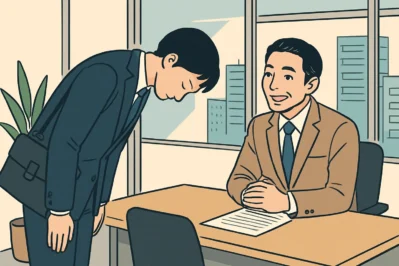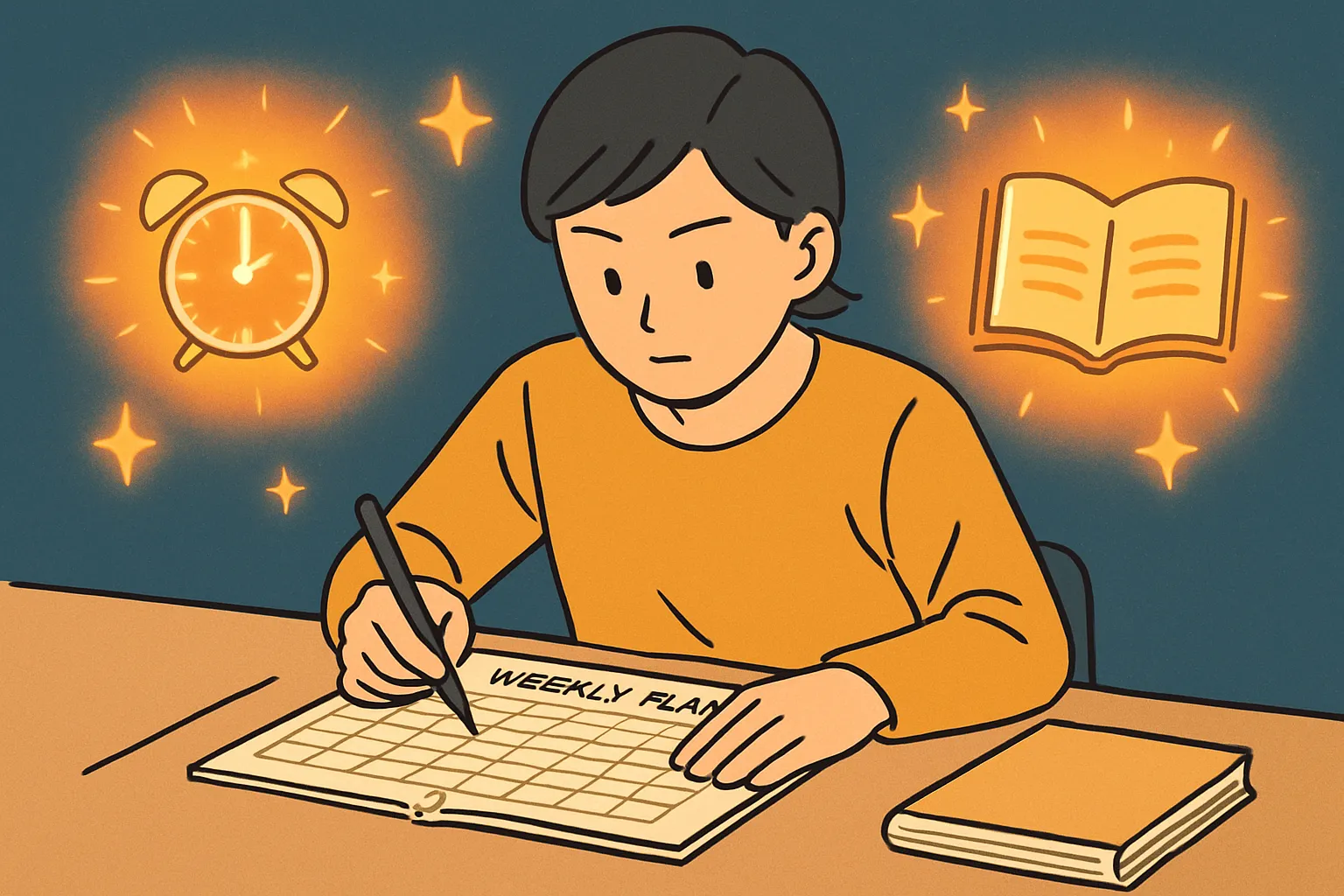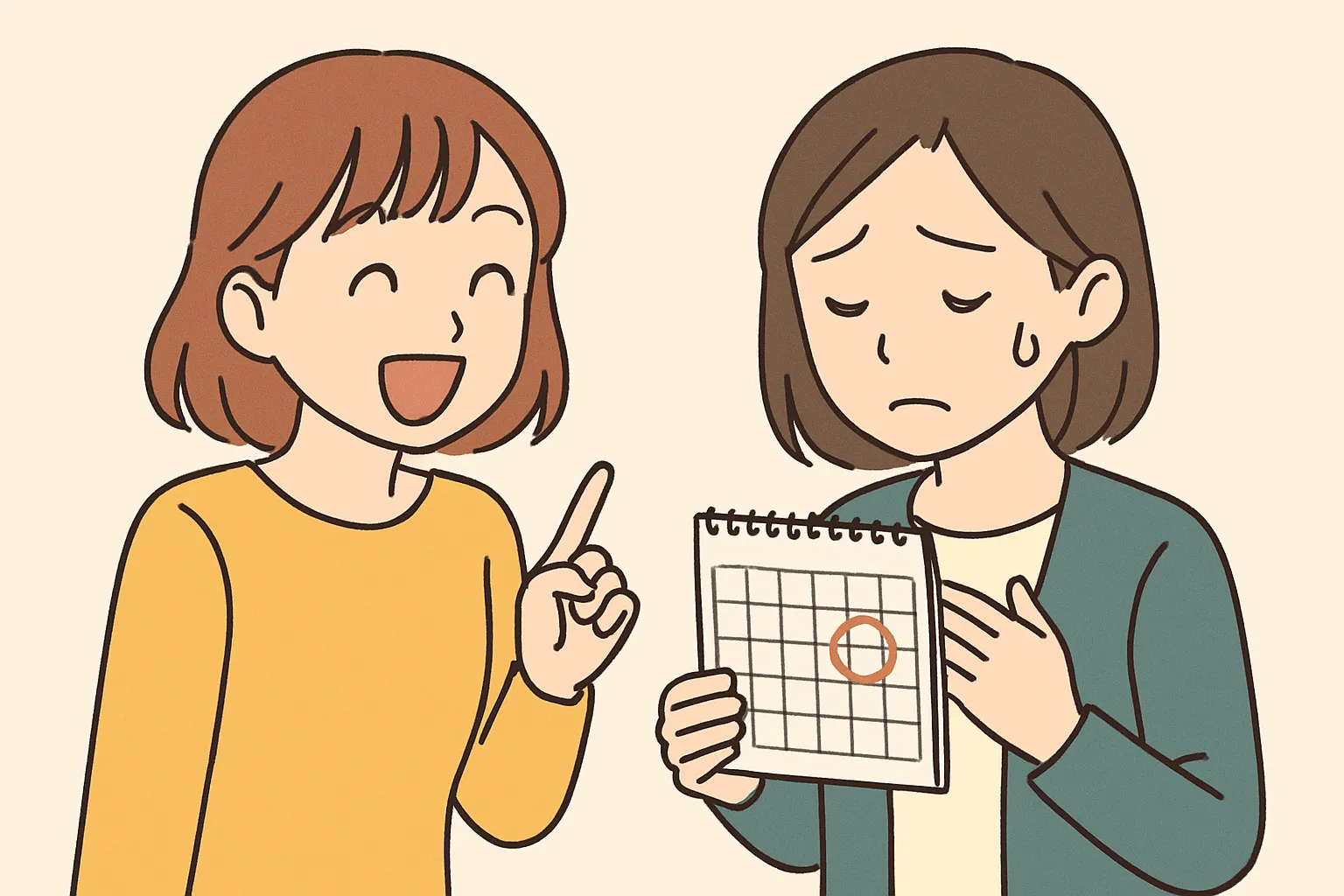Ace Your Interview: Korean Thank-You Phrases!
Hello! This is [Maeil Hangul], here to upgrade your Korean skills!
Today, we’re going to learn something super important for anyone looking for a job in Korea: how to say “thank you” after an interview. In Korea’s competitive job market, showing your appreciation can make a huge difference and leave a great impression. A polite follow-up message can be the final touch that helps you land your dream job. Let’s learn how to do it like a pro!
Core Expressions You Must Know
Here are three essential phrases for your post-interview thank-you email or message. They are all very polite and perfect for a formal business setting.
1. 면접 기회를 주셔서 감사합니다.
* Pronunciation [Romanization]: Myeon-jeop gi-hoe-reul ju-syeo-seo gam-sa-ham-ni-da.
* English Meaning: Thank you for the opportunity to interview.
* Detailed Explanation: This is the most standard and essential phrase. It’s a polite and direct way to express your gratitude.
* 면접 (myeon-jeop) means “interview.”
* 기회 (gi-hoe) means “opportunity.”
* 주셔서 감사합니다 (ju-syeo-seo gam-sa-ham-ni-da) is a very formal way of saying “thank you for giving me…”
2. 귀사에 대해 더 많이 배울 수 있는 소중한 시간이었습니다.
* Pronunciation [Romanization]: Gwi-sa-e dae-hae deo man-i bae-ul su it-neun so-jung-han si-gan-i-eot-seum-ni-da.
* English Meaning: It was a valuable time to learn more about your company.
* Detailed Explanation: This phrase shows your genuine interest in the company.
* 귀사 (gwi-sa) is a formal, respectful word for “your company.” You should always use this instead of the company’s name again.
* 소중한 시간 (so-jung-han si-gan) means “valuable time.” It shows you truly appreciated the time the interviewer spent with you.
3. 긍정적인 결과를 기대하겠습니다.
* Pronunciation [Romanization]: Geung-jeong-jeo-gin gyeol-gwa-reul gi-dae-ha-get-seum-ni-da.
* English Meaning: I will look forward to a positive result.
* Detailed Explanation: This is a polite and confident way to end your message. It shows you are hopeful about the position without being too demanding.
* 긍정적인 결과 (geung-jeong-jeo-gin gyeol-gwa) means “a positive result.”
* 기대하겠습니다 (gi-dae-ha-get-seum-ni-da) means “I will look forward to/expect.”
Example Dialogue (Email)
Let’s see how these phrases look in a short thank-you email from an applicant (A) to the hiring manager (B).
A (Applicant):
안녕하세요, 채용 담당자님. 오늘 마케팅팀 면접에 참여한 김민준입니다.
면접 기회를 주셔서 감사합니다.
귀사에 대해 더 많이 배울 수 있는 소중한 시간이었습니다.
긍정적인 결과를 기대하겠습니다.
감사합니다.
김민준 드림.
B (Hiring Manager):
민준 님, 연락 주셔서 감사합니다. 저희도 좋은 시간이었습니다. 결과는 다음 주에 안내해 드리겠습니다.
Culture Tip & Trend Deep Dive
In Korean work culture (직장 문화), showing respect and diligence is extremely important. While sending a thank-you note isn’t always mandatory, it’s a powerful way to stand out. It shows that you are polite, professional, and truly serious about the job.
Pro Tip: In Korea, speed (빨리 빨리 culture) is often valued. Sending your thank-you email within 24 hours of the interview shows you are prompt and organized. This small action reinforces the positive impression you made during the interview. Think of it as your final chance to prove you are the perfect candidate!
Wrap-up & Practice Time!
Today we learned three key phrases to thank your interviewer in Korean.
1. 면접 기회를 주셔서 감사합니다. (Thank you for the interview opportunity.)
2. 귀사에 대해 더 많이 배울 수 있는 소중한 시간이었습니다. (It was a valuable time to learn about your company.)
3. 긍정적인 결과를 기대하겠습니다. (I look forward to a positive result.)
Now, it’s your turn to practice!
Quiz: Fill in the blank with the correct Korean word for “opportunity.”
면접 ______를 주셔서 감사합니다.
Leave your answer in the comments below using the expressions we learned today! Good luck with your job search! 파이팅






